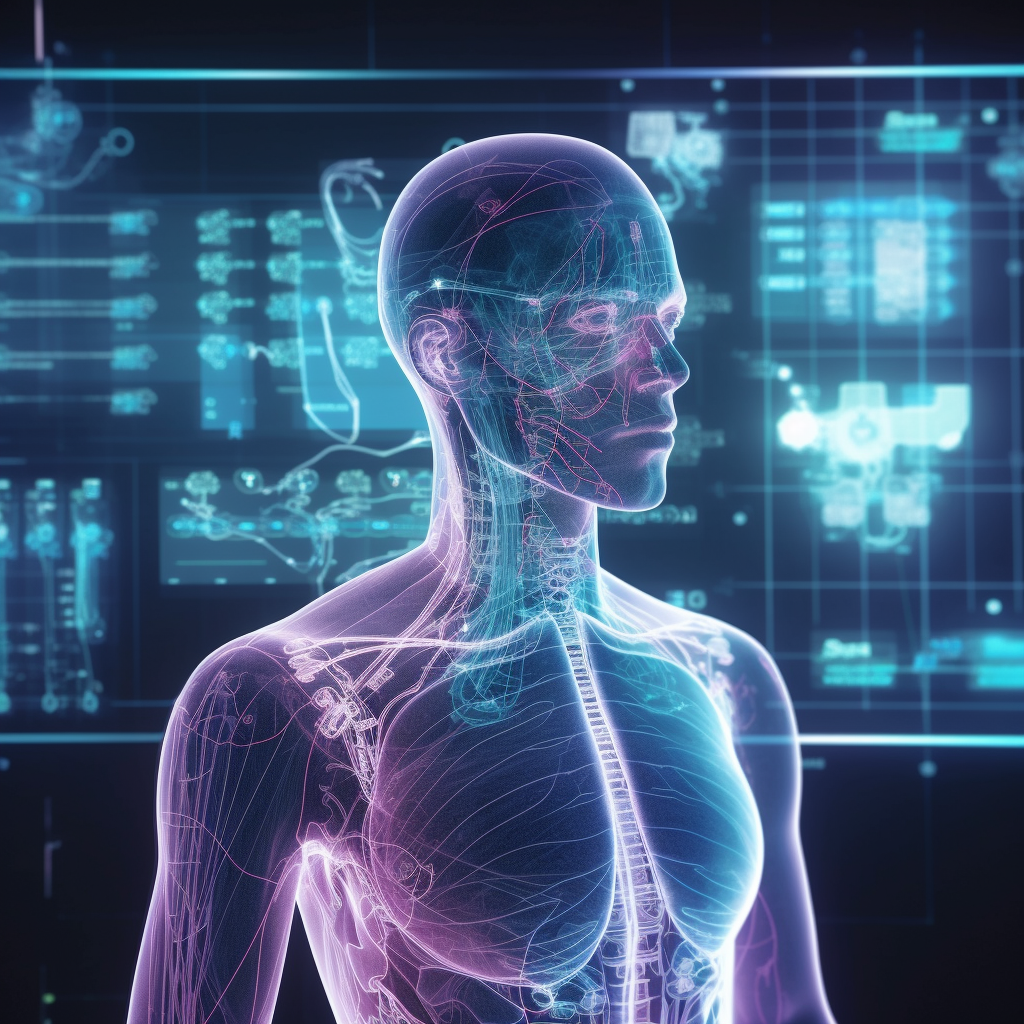July 30, 2024
The Impact of AI in Disease Detection and Treatment
Book a Demo
Artificial Intelligence (AI) is continuing to make inroads into various fields. One of the areas where it is making substantial impact is in the healthcare sector. Recent studies have demonstrated the effectiveness of AI in analyzing chromatin images from a variety of tissue samples. In a recent experiment, the AI analyzed chromatin images from 560 tissue samples across 122 patients. The results were astounding as the AI was able to identify eight distinct cell states throughout various stages of ductal carcinoma in situ (DCIS).
The model takes into account both cellular composition and spatial arrangement, signifying the importance of tissue organization in predicting disease progression. This is a significant breakthrough in the field of predictive medicine. The AI’s ability to accurately analyze cellular composition and spatial arrangement could provide healthcare professionals with valuable insight into disease progression, which could potentially lead to earlier detection and more effective treatment plans.
This AI utilizes a convolutional variational autoencoder to learn from simple chromatin staining images, which is a more cost-effective and accessible method than complex sequencing techniques. This is a significant development, as it reduces the cost and complexity associated with disease diagnosis. The ability to learn from simple chromatin staining images makes the technology accessible to a larger number of healthcare facilities, even those with limited resources.
Interestingly, the model was able to detect cell states associated with invasive cancer even in tissue that appeared normal to the human eye. This indicates that AI technology could potentially be more accurate in detecting early-stage diseases than the human eye, leading to earlier interventions and better patient outcomes.
The use of AI in healthcare has the potential to exceed most expectations. Its benefits could range from early disease detection to personalized treatment plans and even drug discovery. The technology analyzed chromatin images from 560 tissue samples across 122 patients, identifying 8 distinct cell states in various stages of ductal carcinoma in situ (DCIS).
Using a convolutional variational autoencoder, the AI learns from simple chromatin staining images, a cheaper and more accessible method than complex sequencing techniques. The potential impact of AI on healthcare could surpass expectations. Its applications could range from early disease detection to personalized treatment plans and drug discovery, potentially transforming medical practice and patient care.
In conclusion, the integration of AI into healthcare is a promising development that could revolutionize the way diseases are diagnosed and treated. The potential implications are tremendous and could lead to significant improvements in patient care and outcomes. It is an exciting time to be in the field of healthcare technology, and the future looks bright with the integration of AI.
Connect with our expert to explore the capabilities of our latest addition, AI4Mind Chatbot. It’s transforming the social media landscape, creating fresh possibilities for businesses to engage in real-time, meaningful conversations with their audience



